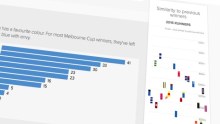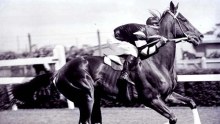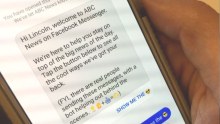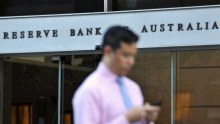Reflecting on the Freedom Rides 50 years on from Charlie Perkins' graduation as first Aboriginal person to complete university
Updated
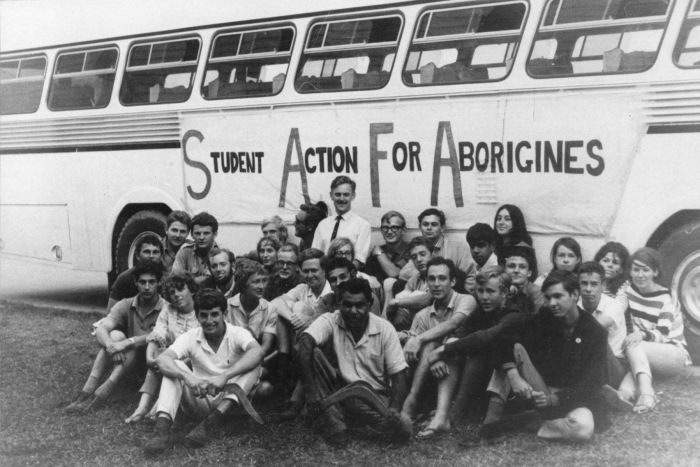 Photo:
Charlie Perkins said the Freedom Rides were some of his greatest achievements in Aboriginal affairs. (Supplied: University of Sydney)
Photo:
Charlie Perkins said the Freedom Rides were some of his greatest achievements in Aboriginal affairs. (Supplied: University of Sydney)
Think back 50 years in Australia's history.
Harold Holt had replaced Robert Menzies as the prime minister, we had just switched our currency from the pound to the Aussie dollar, and a man who started his life in a mud hut on the outskirts of Alice Springs was just about to graduate from the University of Sydney as the first Aboriginal person to ever do so anywhere in the country.
It was an unremarkable feat for most other students at the time, but for Charlie Perkins — and for Aboriginal people across Australia — it was part of a movement that propelled Indigenous rights forward, on to the front pages of our newspapers and to the fore of our collective mind.
He had graduated from university before even being counted in the census as a person. (It was the year before the referendum in 1967.)
It was at a time when racial tensions were at their peak. He travelled country New South Wales and shone a light where there had been only darkness for Indigenous people.
In Perkins' own words:
"The Freedom Ride was probably the greatest and most exciting event I have ever been involved in with Aboriginal affairs."
When he arrived in Moree in Northern New South Wales on a hot February day and picketed with his class mates from Sydney University — Indigenous and non-Indigenous — they decided to go for a swim.
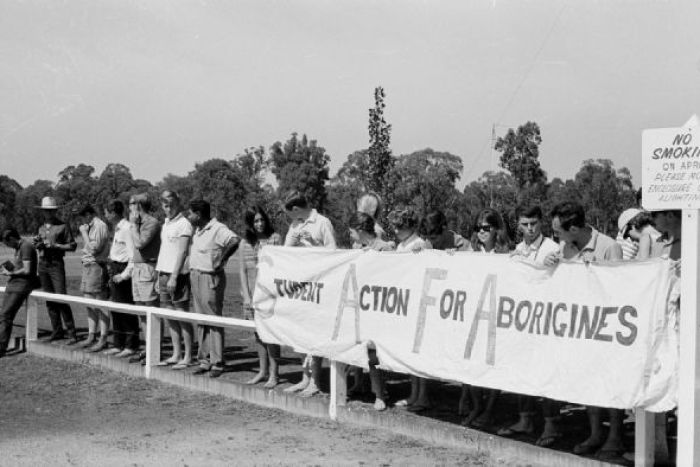 Photo:
Indigenous and non-Indigenous class mates from Sydney University picketed in Moree. (Facebook: Freedom Ride 50th Anniversary)
Photo:
Indigenous and non-Indigenous class mates from Sydney University picketed in Moree. (Facebook: Freedom Ride 50th Anniversary)
But the manager of the pool would not let the Aboriginal people in. They had exposed a racist underbelly and forced Australians to think about their behaviour — and compare it to the way African American people were being treated.
Last night in the Great Hall at that same university, thousands of miles away from where that mud hut stood on Arrernte country, three Indigenous members of the Federal Parliament — Linda Burney, Ken Wyatt and Malarndirri McCarthy — and Richard Weston from the Healing Foundation paid tribute to a man who forged a path for them, and for all Aboriginal people who would come after.
"He used media to expose the blatant racism — he got the fight on the front pages of newspapers," Mr Wyatt said.
"In every imaginable way we were still thought of as a lesser people than other Australians," Mr Weston said.
Ms McCarthy, newly-minted Labor senator for the Northern Territory, recounted a story from when she was sat next to him on a plane and he impressed upon her the importance of Indigenous Australians working together to pull each other up — advice she says has stayed with her throughout her career in politics and media.
Charlie Perkins' advice to Malarndirri McCarthy: "Never leave anyone behind."
Fifty years on from his graduation, there are now more than 16,000 Aboriginal and Torres Strait Islander people in university, more Indigenous members of our Parliament than we have ever had before, more discussions of treaty and another referendum on the horizon.
"I hope we'll see one of the young people in this room as our first Australian prime minister," Mr Wyatt said.
Topics: indigenous-aboriginal-and-torres-strait-islander, community-and-society, education, indigenous-policy, australia
First posted




